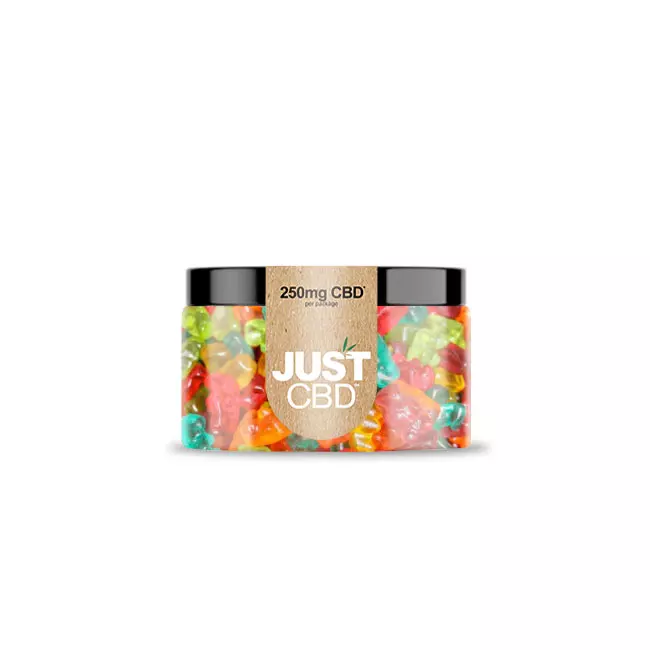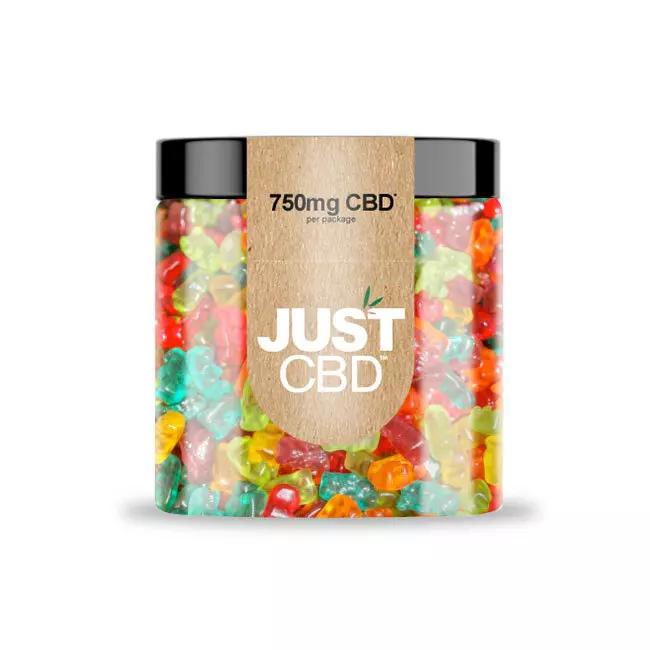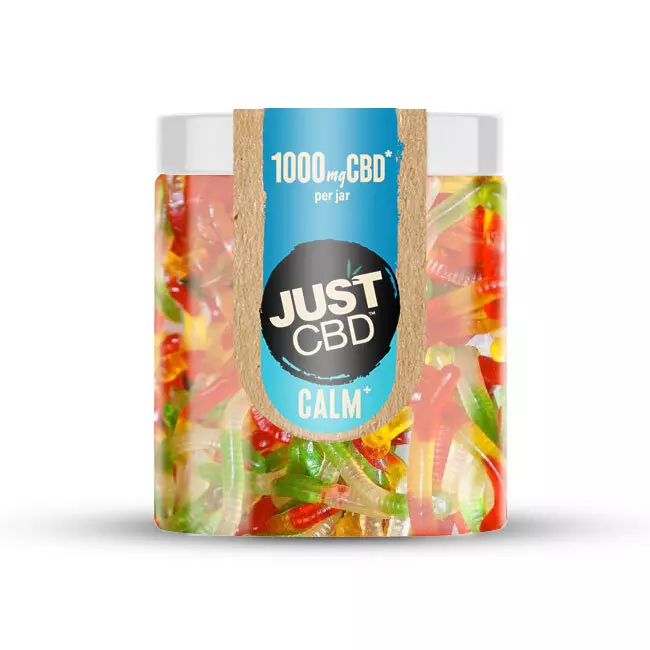Mechanisms of Action
Understanding how substances exert their effects on the body, known as mechanisms of action, is crucial for evaluating their potential therapeutic benefits. This principle applies particularly to cannabidiol (CBD), a compound found in cannabis plants that has gained attention for its purported anxiolytic and antidepressant properties.
CBD’s Interaction with the Endocannabinoid System
CBD’s primary mechanism of action involves its interaction with the endocannabinoid system (ECS), a complex network of receptors, enzymes, and neurotransmitters that plays a crucial role in regulating various physiological processes, including mood, sleep, appetite, and pain perception. The ECS comprises two main types of receptors: CB1 and CB2. While CBD does not directly activate these receptors like its psychoactive counterpart THC, it exerts its effects by modulating their activity.

Impact on Neurotransmitter Activity
CBD primarily interacts with the endocannabinoid system (ECS), influencing the availability and action of key neurotransmitters involved in mood regulation. One significant way CBD achieves this is by inhibiting the enzyme responsible for breaking down anandamide, a naturally occurring endocannabinoid with mood-boosting effects. By elevating anandamide levels, CBD indirectly enhances its binding to CB1 receptors, potentially contributing to its anxiolytic and antidepressant effects.
Furthermore, CBD has been shown to interact with serotonin receptors, which are crucial for regulating serotonin, a neurotransmitter heavily implicated in mood disorders. While the exact mechanisms are still under investigation, some studies suggest that CBD may increase serotonin levels or influence its reuptake, potentially contributing to its antidepressant effects.
Potential Benefits for Anxiety and Depression
The potential benefits of CBD gummies for reducing anxiety and depression stem from their interaction with the body’s endocannabinoid system (ECS). This complex network of receptors and neurotransmitters plays a vital role in regulating mood, sleep, appetite, and pain. By modulating the activity of ECS receptors and influencing key neurotransmitter levels, CBD may offer a natural approach to managing these mental health conditions.
Preclinical Research Findings
Preclinical research findings suggest that CBD might have therapeutic potential for anxiety and depression. Studies on animal models have shown that CBD can reduce anxiety-like behaviors in situations that typically induce stress responses. These studies often involve administering CBD before exposing animals to stressors like elevated plus mazes or open field tests.
Similarly, research using rodent models of depression has indicated that CBD may have antidepressant effects. These studies frequently employ behavioral tests such as the forced swim test or the tail suspension test, which measure an animal’s immobility, a behavior associated with despair-like states. CBD administration has been found to decrease immobility time in these tests, suggesting potential antidepressant activity.
While promising, it is essential to acknowledge that preclinical research findings do not necessarily translate directly to humans. Further clinical trials are needed to confirm the efficacy and safety of CBD for anxiety and depression in people.
Clinical Trial Evidence
Several studies suggest that CBD might offer therapeutic benefits for individuals struggling with anxiety and depression. However, it’s crucial to remember that these findings are based on preclinical research and clinical trials involving humans are still ongoing.
- Preclinical research has shown promising results in animal models of anxiety and depression.
- Studies have demonstrated that CBD can reduce anxiety-like behaviors in animals exposed to stressful situations.
- Research suggests that CBD may exhibit antidepressant effects by reducing immobility time in animal models of depression.
Despite these encouraging findings, it’s important to note that more human clinical trials are necessary to confirm the effectiveness and safety of CBD as a treatment for anxiety and depression.
Dosage Considerations and Forms
The dosage and form of CBD administration can significantly influence its effects. Factors such as individual body weight, metabolism, and the severity of symptoms all play a role in determining the appropriate dosage. CBD is available in various forms, including oils, capsules, gummies, and topical creams. Each form has its own absorption rate and onset of action. Understanding these factors is essential for maximizing therapeutic benefits and minimizing potential side effects.
Recommended Dosages for Anxiety and Depression
Dosage considerations for CBD are individualized and depend on several factors such as body weight, metabolism, and the severity of symptoms.
- For anxiety, a typical starting dosage range is 25-75 mg per day, taken in divided doses.
- For depression, the initial recommended dose is usually 10-30 mg per day, also administered in multiple doses.
It’s important to start with a low dosage and gradually increase it as needed until desired effects are achieved. It’s always best to consult with a healthcare professional to determine the appropriate dosage for your individual needs.
Choosing the Right CBD Gummies Product
Choosing the right CBD gummies product involves considering several factors, including dosage, potency, ingredients, and brand reputation. Dosage is crucial, as it directly influences the effectiveness of the product. Start with a low dose and gradually increase it until you find what works best for you.
Pay attention to the CBD concentration per gummy, typically measured in milligrams (mg). Look for gummies that clearly label their CBD content. Consider the desired effect and your individual tolerance level when selecting a potency.
Review the ingredient list carefully. Choose gummies made with natural ingredients and avoid products containing artificial flavors, colors, or preservatives. Some people may be sensitive to certain additives, so it’s essential to check for potential allergens or irritants.
Factors Influencing Effectiveness
The effectiveness of CBD gummies in reducing anxiety and depression hinges on a complex interplay of factors. Understanding these factors is crucial for individuals considering CBD as a treatment option.
Individual Variability in Response to CBD
Several factors influence the effectiveness of CBD, making responses to it vary significantly among individuals. Dosage plays a key role, with optimal levels differing based on body weight, metabolism, and the severity of symptoms being addressed.

Individual differences in endocannabinoid system (ECS) composition and function also contribute to variability. The ECS is responsible for processing endocannabinoids like anandamide, which CBD interacts with. Variations in receptor density and sensitivity can lead to different responses to CBD treatment.
Genetic predisposition also influences how the body metabolizes and responds to CBD. Certain genetic variations may affect enzyme activity involved in CBD breakdown, potentially leading to differences in its duration of action and therapeutic effects.
The presence of other medical conditions or medications being taken can also impact CBD’s effectiveness. Some drugs can interact with CBD, altering its absorption, metabolism, or efficacy. It’s essential to consult a healthcare professional before using CBD if you have any underlying health conditions or are taking medications.
Severity of Anxiety or Depression Symptoms
The severity of anxiety and depression symptoms can also influence the perceived effectiveness of CBD. Individuals experiencing mild symptoms may find relief with lower doses, while those with more severe symptoms might require higher dosages to achieve similar effects.
- Dosage: The amount of CBD consumed plays a crucial role in its effectiveness.
- Individual Variations in Endocannabinoid System (ECS) : Differences in ECS composition and function can lead to varying responses to CBD.
- Genetic Predisposition: Genetic factors influencing CBD metabolism and receptor sensitivity can affect its efficacy.
- Presence of Other Medical Conditions or Medications: Drug interactions and underlying health conditions can impact CBD’s effectiveness.
- Severity of Symptoms:

Presence of Other Medical Conditions
Several factors influence the effectiveness of CBD, making responses to it vary significantly among individuals. Dosage plays a key role, with optimal levels differing based on body weight, metabolism, and the severity of symptoms being addressed.
Individual differences in endocannabinoid system (ECS) composition and function also contribute to variability. The ECS is responsible for processing endocannabinoids like anandamide, which CBD interacts with. Variations in receptor density and sensitivity can lead to different responses to CBD treatment.
Genetic predisposition also influences how the body metabolizes and responds to CBD. Certain genetic variations may affect enzyme activity involved in CBD breakdown, potentially leading to differences in its duration of action and therapeutic effects.
The presence of other medical conditions or medications being taken can also impact CBD’s effectiveness. Some drugs can interact with CBD, altering its absorption, metabolism, or efficacy. It’s essential to consult a healthcare professional before using CBD if you have any underlying health conditions or are taking medications.
The severity of anxiety and depression symptoms can also influence the perceived effectiveness of CBD. Individuals experiencing mild symptoms may find relief with lower doses, while those with more severe symptoms might require higher dosages to achieve similar effects.
Potential Side Effects and Risks
While promising, it’s important to be aware that CBD use can lead to potential side effects and risks. These can include drowsiness, diarrhea, appetite changes, fatigue, and interactions with other medications.
Common Side Effects of CBD
Potential side effects of CBD include drowsiness, diarrhea, appetite changes, fatigue, and dry mouth. In some cases, CBD may interact with certain medications, so it’s important to consult a healthcare professional before using CBD if you are taking any medications.
Some common side effects of CBD are generally mild and tend to be temporary. However, in rare instances, individuals may experience more serious adverse effects.
Drug Interactions and Contraindications
Potential side effects and risks associated with CBD use include drowsiness, diarrhea, appetite changes, fatigue, dry mouth, and interactions with certain medications.
It is important to note that some medications can interact with CBD, so consulting a healthcare professional before using CBD, especially if you are taking any medications, is crucial.
While generally mild and temporary, side effects can vary in intensity from person to person. It’s important to start with a low dose and gradually increase it as needed, monitoring for any adverse reactions.
Conclusion
CBD gummies offer a potentially natural approach to managing anxiety and depression due to their interaction with the endocannabinoid system (ECS), influencing neurotransmitter levels. While preclinical research shows promise, human clinical trials are still ongoing to confirm effectiveness and safety. Factors like dosage, individual ECS composition, genetic predisposition, other medical conditions, and symptom severity can influence CBD’s effects.
Remember that CBD use can have side effects, such as drowsiness, diarrhea, appetite changes, and interactions with medications. Consulting a healthcare professional before using CBD is crucial to determine the appropriate dosage and address potential risks.
Shop CBD Gummies for post-workout recovery
Explore your favorite edible gummies at JustCBD
Electric Youth Mag
Fortie Label
- Xela Rederm Skin Booster Treatments Near Outwood, Surrey - January 12, 2026
- Xela Rederm Skin Booster Treatments Near Caterham, Surrey - January 10, 2026
- Why Everyone Is Talking About THC Sodas - January 7, 2026
